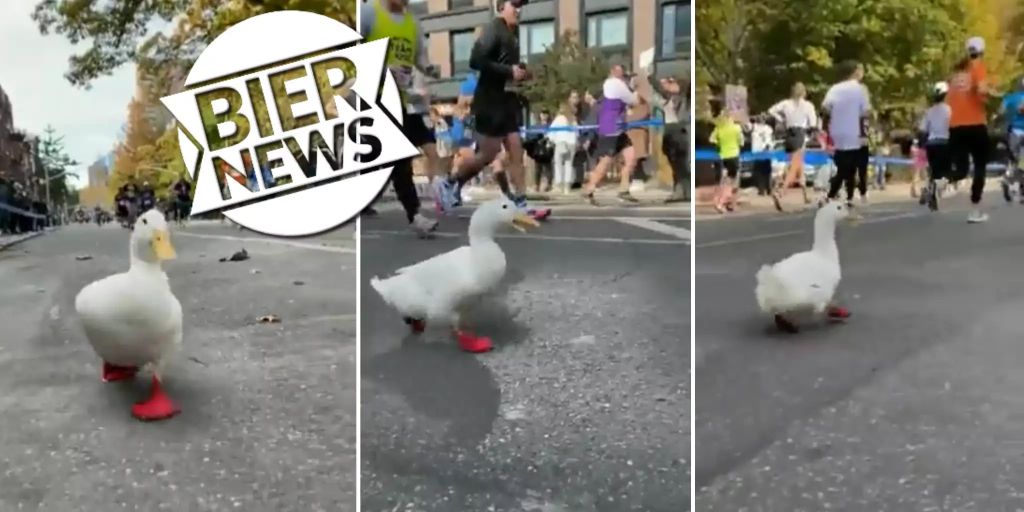© Diary
–
Six parties in the 47th parliament, which will be fragmented again, second place for “We continue the change” after GERB-UDF, fourth place for “Democratic Bulgaria” after “BSP for Bulgaria”, equal positions between the second and third formation, as well as close between the fourth, fifth and sixth, increased mobilization for the parliamentary vote, which a week before election day attracted higher interest than the presidential race and the consolidation of party nuclei during the campaign and battle for electoral periphery. This is shown by the data from a survey of “Alpha Research”, conducted from November 7 to 9 among 1,017 adult citizens from all over the country through a direct standardized interview with tablets in the homes of the respondents.
Despite the significant distance between the main contenders the president will be elected in a runoff between Rumen Radev and Prof. Anastas Gerdjikov. See the attitude towards the vote for head of state here.
Five days before election day 47% – 48% of the people with the right to vote in the country are ready to take part in the vote, while others about a quarter are hesitant to go to the polls. According to the analysis of sociologists, the mutual influence and overlap between the presidential and parliamentary campaigns in combination with the accompanying scandals, the health and socio-economic crises return the interest of the voters to the battle for parliament. While at the beginning of the campaign the presidential vote focused more attention, now those who have decided to support the party list outnumber the participants in the presidential election by about 2 points.
The analysis of “Alpha Research” states that the attitudes of the voters give complete clarity to the general picture, but the unknowns are more than the definitely known ones.
The campaign has already consolidated the strong supporters of the main political forces, and this determines their electoral positions on the eve of the vote. GERB-UDF retains its leading position with the support of 24.1% of those who firmly decided to vote by increasing the distance to their direct opponents. The former rulers managed to regain some of the voters who withdrew in July in the capital and major cities. Their lead is complemented by the dynamic exchange of sympathizers between the protest formations, which does not allow any of them to stand out as the undisputed carrier of change, commented “Alpha Research”.
The second position remains the most contested. In direct competition for it and with variable success during the campaign are “We continue the change” and BSP. One week before the vote, support for the formation of former caretaker ministers Kiril Petkov and Asen Vassilev is on a high plateau of 16.5% and slightly prevails over that of the Socialists, in whom confidence is 16%. According to sociologists, the outcome of this battle will be decided not only by the ability of the two parties to mobilize their supporters, but also by situational factors. Deterioration of the COVID situation and machine voting pose risks for the BSP, but are not a serious challenge for supporters of “We continue to change”. The unclear ideological profile, the case of Kiril Petkov’s dual citizenship and the weaker mobilization may have a negative effect on “We continue the change”.
“Democratic Bulgaria”, “There is such a people” and the MRF are the other three political formations with a secure presence in the next National Assembly. Their results are very close and it is possible to shift positions between them in the remaining days.
The announcement of the “We continue to change” project has caused electoral damage to all protest parties, analysts say. After the initial outflow of sympathizers “Democratic Bulgaria “managed to recover part of this loss and in the end of the campaign took fourth place with 10.2% of those who decided to vote.
The winner of the July elections “There are such people” has suffered the most serious prolonged erosion in recent months and ended the current campaign with 9.9% support.
Despite the active campaign and the candidacy of its leader Mustafa Karadayi for president The MRF does not achieve the usual high level of mobilization of its voters (currently it is about 65 percent at the usual level above 85 percent in previous elections). This brings 9.8% for the movement, which does not allow him to significantly improve his position in the July vote, according to “Alpha Research”.
Two other formations are close to the 4% barrier and retain a chance to be in parliament. “Vazrazhdane” with 3.8% support partially consolidated the fragmented radical nationalist vote in the last two elections.
The exchange of sympathizers between the protest parties also affects “Stand up BG! We are coming!”. The coalition around Maya Manolova, which also suffered losses from “We continue the change”, slightly increased its support and with 3.6% support also remained close to the threshold for entering the National Assembly.
Everything you need to know about the 2 in 1 election – read here.
The last days before the vote will be a period of battle for the peripheries, which can hardly change the overall picture, but will be decisive for the second place and for crossing the barrier. The observed dynamics again show a fragmented parliament and a difficult majority formation, is stated in the analysis of “Alpha Research”.
Read about the attitudes towards the presidential vote here.
*The study of “Alpha Research” was conducted in the period from 7 to 9 November with its own funds. It was held among 1,017 adult citizens from all over the country. A stratified two-stage sample with a quota on the main socio-demographic characteristics was used. The information was collected through a direct standardized interview with tablets in the homes of the respondents.
–


